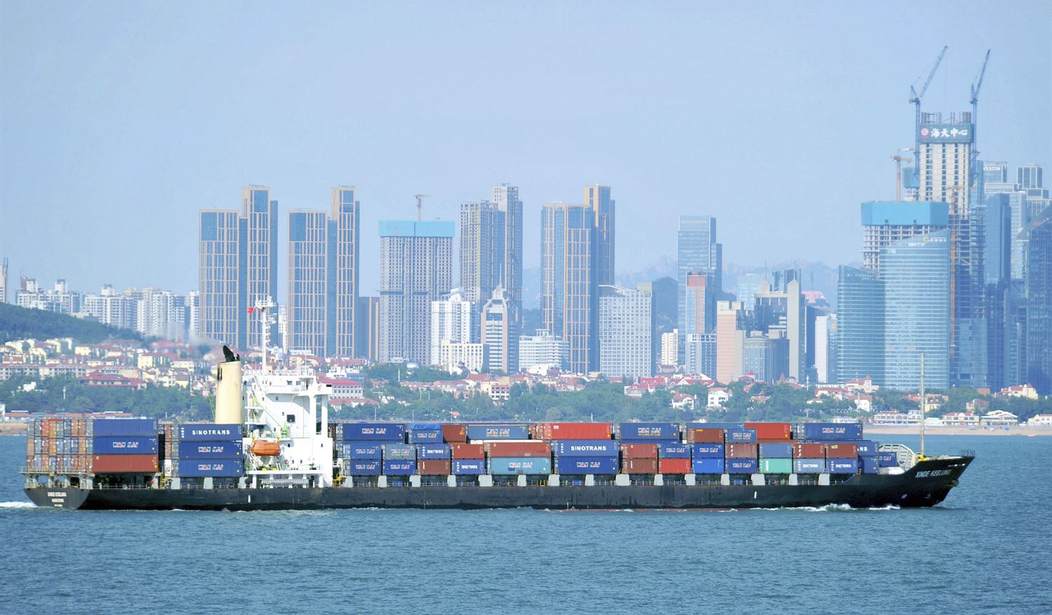Merriam-Webster defines a contrarian as a person who takes a contrary position or attitude. You see this a lot in the world of investment advice. But since I live in the world of politics and economics, I seek it out in this realm.
There's nobody who fits the bill of an economic contrarian more than author and economic adviser John Tamny. You can always count on John to have a very different and always pointed take on things.
When Politicians Panicked releases today. This is my new economics book about a tragic lapse of reason whereby easily gulled politicians chose economic desperation as a virus-mitigation strategy. Historians will marvel at their abject stupidity. https://t.co/A0V2KLQSwT
— John Tamny (@johntamny) March 30, 2021
More recently, in a thought-provoking article, "War Is Bad for Business, and Big Business Wisely Doesn't Want It With China," John sheds light on the importance of trade and its impact on preventing conflicts, particularly between the United States and China. Tamny eloquently argues that the strong economic ties between the two nations benefit businesses and act as a powerful deterrent against the possibility of war.
I too have written about the morality of trade as a tool for peace and prosperity; I just didn't do it with the same passion and consistency as John Tamny. John is the ultimate contrarian when it comes to the importance of free trade.
Tamny begins his piece by addressing the common perception of "big business" being in bed with China, emphasizing that the growth and success of American businesses are intrinsically linked to their ability to cater to global consumer demands. He highlights the ubiquity of American businesses in the People's Republic, demonstrating the extent of economic integration between the two countries.
China’s economy is large, and it’s growing. One certain piece of evidence that China’s economy is growing has to do with the ubiquity of U.S. businesses over in China. To deplane in China is to see Americana all over the airport, and then it’s to be overwhelmed with American businesses and signage advertising same in any major Chinese city.
This is a testament to the fact that American businesses want an open trade relationship with China not just for cheaper goods but also to tap into the immense potential of the Chinese market. After all, American exporters are also importers. Too many protectionists either don't understand this or conveniently ignore it.
Contrary to the mindset of so many protectionists, imports from China flood the American market and foster higher levels of specialization and productivity within the United States. Tamny draws attention to the genius of labor division, which extends beyond national borders and enables Americans to engage in more specialized and innovative activities.
The U.S. can leverage its strengths and resources more effectively by embracing imports.
Furthermore, Tamny dispels the notion that war with the U.S. would be in China's best interest, highlighting the immense purchasing power of American consumers. He asserts that war is bad for business, and both nations have a mutual interest in preserving the trade relationship that has benefited them so greatly.
The bottom line is you can't overstate the importance of trade as a war deterrent. Aren't we all tired of wars and rumors of wars? And this should include trade wars. Countries that trade together may not pray together, but they're a lot less likely to do bad things to each other, such as waging war.
Trade promotes economic growth, improves specialization, and ultimately maintains peace around the world. It's true with China; it was true post World War II with Germany and France, and with an adept foreign policy, there's no reason this can't also be true between Israel and her neighbors.














Join the conversation as a VIP Member